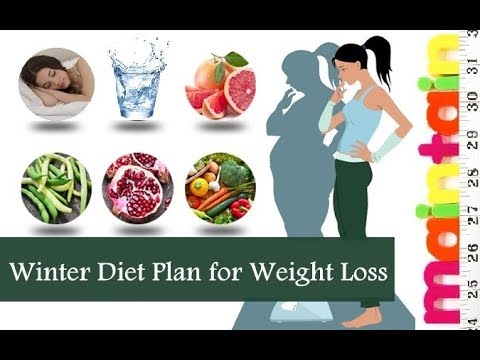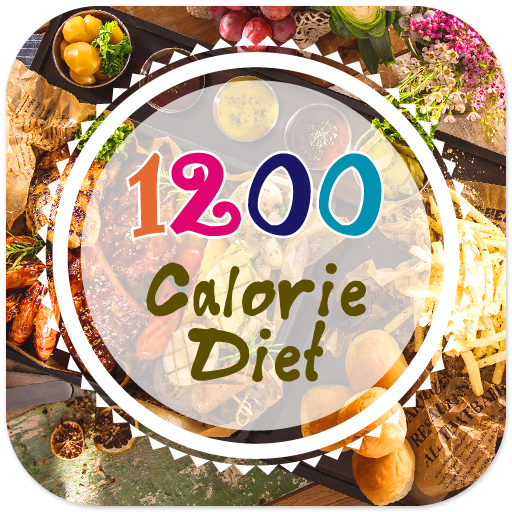
Many men over 50 have the same problems than women: they are more likely to gain weight and become less fit. It can be very difficult for men to lose weight. The good news is that there are some proven solutions. These include diet, exercise and nutrition. Read on to discover what you can do to help yourself get into top shape. You might be surprised at what you can achieve! Read on to learn about these three strategies.
Diet
As they age, men are more likely to gain weight. As a result, their bodies have less muscle mass, which makes it difficult to burn fat. It is essential for men to have a healthy diet and plenty of vitamins and mineral intake to stay fit and healthy. Eat lots of vegetables and fruits to obtain these nutrients. The calories in fruits and vegetables are very low, but they also contain valuable vitamins and minerals. These foods also contain fiber, which helps to keep you fuller and satiated.
Increasing the amount of physical activity you do daily is an excellent way to lose excess weight. You can improve your heart health and reduce your risk of developing certain diseases. It can also help you feel better. Some types of physical activity involve walking, biking, swimming, or jogging, which use a wide variety of muscle groups. Strength training involves lifting weights or performing exercises to build muscle.

Exercise
Exercise is essential for good health. Exercise is a great way to lose weight, strengthen your muscles, improve flexibility, and balance. It also reduces the risk of many diseases. For men over 50 there are many exercise options, including aerobics. This involves working large muscle groups and getting your heart rate up. Walking, biking, and swimming are examples of aerobic exercises. Strength training is a form of strength training that focuses on building muscle using weights and other exercise equipment.
To reach their goals, men over 50 years old should incorporate strength training. They should steer clear of bodybuilder cuts and instead work on all-body strength training. The secret to losing fat and building muscle is to work all major muscle groups in a single workout. This allows you to maintain strong muscles and lean muscle. The following exercises should be included in any exercise program you start. This article will help you get started.
Mindful eating
In addition to focusing on the food experience, mindfulness exercises can also be helpful for a range of other health outcomes, including stress reduction and improved weight management. People who practice mindfulness daily had significantly higher scores in MES. But, further research is required before we can say that mindful eating strategies are effective in weight loss. Masih et. al. (2020), found that mindfulness interventions had no effect on calories consumed at meals.
A random assignment was made to 53 participants with a mindfulness-based weight reduction program. The intervention group lost significant weight while the control did not. Mindful eating is more common in women and men than it was for men. However, the effect was less evident in women. This could be due to the fact that men who practice mindful eating had lower BMIs (compared to the standard group).

Nutrition
There are several important reasons to eat healthily, and men are no exception. A balanced diet can help to prevent certain health problems such as type 2 diabetes and heart disease. A healthy diet can help reduce the risk of some types of cancer. A balanced diet should have lots of fruits and veggies, whole grains, as well as low-fat dairy. Whole grains, lean proteins, and fish are all part of a high-fiber diet.
In addition to reducing carbohydrates, nutrition for men over 50 should also limit the intake of dietary fat. This may seem counterintuitive but fat is vital to many body functions. Healthy fats aid in maintaining a healthy body and helping to absorb vitamins. They can also keep your skin, hair and nails healthy. The Institute of Medicine recommends that you eat a diet with 20-30% calories from fat. Men over 50 should aim for a lower amount, but this is dependent on a number of factors.
FAQ
Does intermittent fasting affect my sleep?
Intermittent fasting can affect your sleep. Your hunger hormones can rise if you skip meals. This can lead to you waking up early in the morning.
Experts suggest skipping breakfast. They recommend eating a light snack before bed.
If you are still hungry after your snack, you can eat a small dinner right before you go to bed.
However, you should not overeat. If you do, you will gain weight rather than losing it.
What foods should I consume during an intermittent fast to lose weight
You can lose weight by cutting out carbs. This means avoiding bread, pasta, rice and potatoes as well as other carbohydrate-based foods.
Because it makes you feel fuller, you'll want to limit your intake of protein. So you won't feel hungry as often.
Focus instead on foods high in healthy fats such olive oil and avocado, as well as nuts and seeds. These foods help keep you satisfied for hours after eating them.
It's important to make sure you're drinking plenty of water, too. Water can help you lose fat by keeping you hydrated.
This could be because you find you really crave these foods when fasting. You don't have to cave to your cravings. You could gain more weight than what you lose if you do.
Try to limit how many calories you eat each day. This will help prevent you from overeating. You can sip water instead of reaching out for another snack when hunger strikes.
It may sound counterintuitive but this has been shown to help you lose weight. One study published in Obesity showed that plain water was more nutritious than sugary drinks.
Consuming water plainly also helped to decrease hunger. So if you really want to lose weight, skip the sweetened beverages and stick to water.
You don't have to eat every calorie or avoid certain foods if you are trying to lose weight. Instead, you should make small lifestyle changes.
One way to start is by substituting your typical breakfast sandwich with a bowl of oatmeal. You can also swap out your afternoon cookie for a piece fruit.
These simple swaps can add up over time to help you shed excess weight without spending hours in your kitchen.
Why lose weight before you reach 40 years old?
For people over 40, maintaining good health and fitness are essential. It is also crucial to find ways to keep fit throughout life. Regular exercise, healthy eating, moderate alcohol consumption, and quitting smoking are all important.
It is also crucial to recognize the fact that our bodies age. Our bones weaken and our muscles shrink. We can slow down the aging process by taking care of ourselves.
Staying healthy and fit throughout your life is a great way to keep yourself young. These include:
-
Better sleep
-
Better mood
-
Increased energy levels
-
Lower chance of developing cancer
-
A longer life
-
More independence
-
Better sex
-
Memory that is better
-
Improved concentration
-
Greater circulation
-
Stronger immune system
-
Less pain and aches
What Weight Loss Can You Expect In One Week?
The amount of weight that you can lose will depend on how high your body fat percentage is. The first thing to do is to calculate how much weight you want to lose and then find out what your BMI (Body Mass Index) is. Your BMI indicates how much weight we should lose to achieve our goal. If your BMI is 25 or greater, you're overweight. If your BMI is more than 30, you are obese.
If you are 200 lbs, your BMI will be 28.7. To get to a healthy weight range, you'd need 70 pounds of weight loss. To see if you're overweight, visit www.healthyminds.com/bmi/.
Once you know your BMI, this formula will allow you to determine how many pounds per week you'll be able to lose.
(Your Goal Weight - Current Weight)/BMI * 7 Number Of Pounds Lost Per Week
For 50 pounds to be lost in one month, it would take 2 weeks of exercise. 56 days is equivalent to 7 pounds per day. That's 8.3 pounds per week.
You could also try this calculator from www.weightlosscalculator.net. This calculator gives you an estimate of how many calories are needed to lose 1 pound per day.
How often do people fast?
Most people who adhere to a ketogenic lifestyle fast only once per week. Some people fast twice a week. Others fast three or more times per week.
The length of each fast varies too. Some people fast 24 hours, while others fast 48 hours.
Some people will even travel more than 72 hours. These extreme cases are rare.
How can busy people lose weight?
To lose weight, eat less and do more exercise.
Weight gain is possible if you eat a lot of food. You'll gain weight if you don't exercise enough. These two simple habits can help you start losing weight.
Statistics
- Among women, the increase in metabolic rate was nearly 4%, or 50 more calories per day (14Trusted Source (healthline.com)
- One study in 9 active men found that HIIT burned 25–30% more calories per minute than other types of exercises, including weight training, cycling, and running on a treadmill (18Trusted Source (healthline.com)
- According to a study sponsored by the American Council on Exercise, a person weighing around 140 pounds (64 kg) would burn 108 calories at a 30-minute beginner's Pilates class or 168 calories at an advanced class of the same duration (26). (healthline.com)
- It's estimated that half of all American adults attempt to lose weight every year (1Trusted (healthline.com)
External Links
How To
How to Intermittent Fasting
Intermittent fasting is a dieting method where you normally eat one day per week, usually Monday through Friday. The goal is to decrease your overall calories and still get adequate nutrition. This is believed to help you burn more fat than if your meals were regular throughout the week.
The most common form IF is to reduce calories on specific days. This would mean that you skip breakfast each morning, and then eat whatever food you like throughout the day. You could also choose three small meals instead of two large meals per day.
Many forms of intermittent fasting are available, such as alternate day fasting (5/2 fasts), 8/4 fasts and 16/8 fasts. There are pros and con's to every type of intermittent fasting. Alternate-day fasting is the easiest method to get started because it doesn't require any significant lifestyle changes. However, for some people it can be difficult to follow a strict diet, so they may prefer to explore other options.
Alternate-day fasting is a good option if you are looking to begin an intermittent fasting program. This will allow for gradual transition to more extreme fasting without having to change your lifestyle.